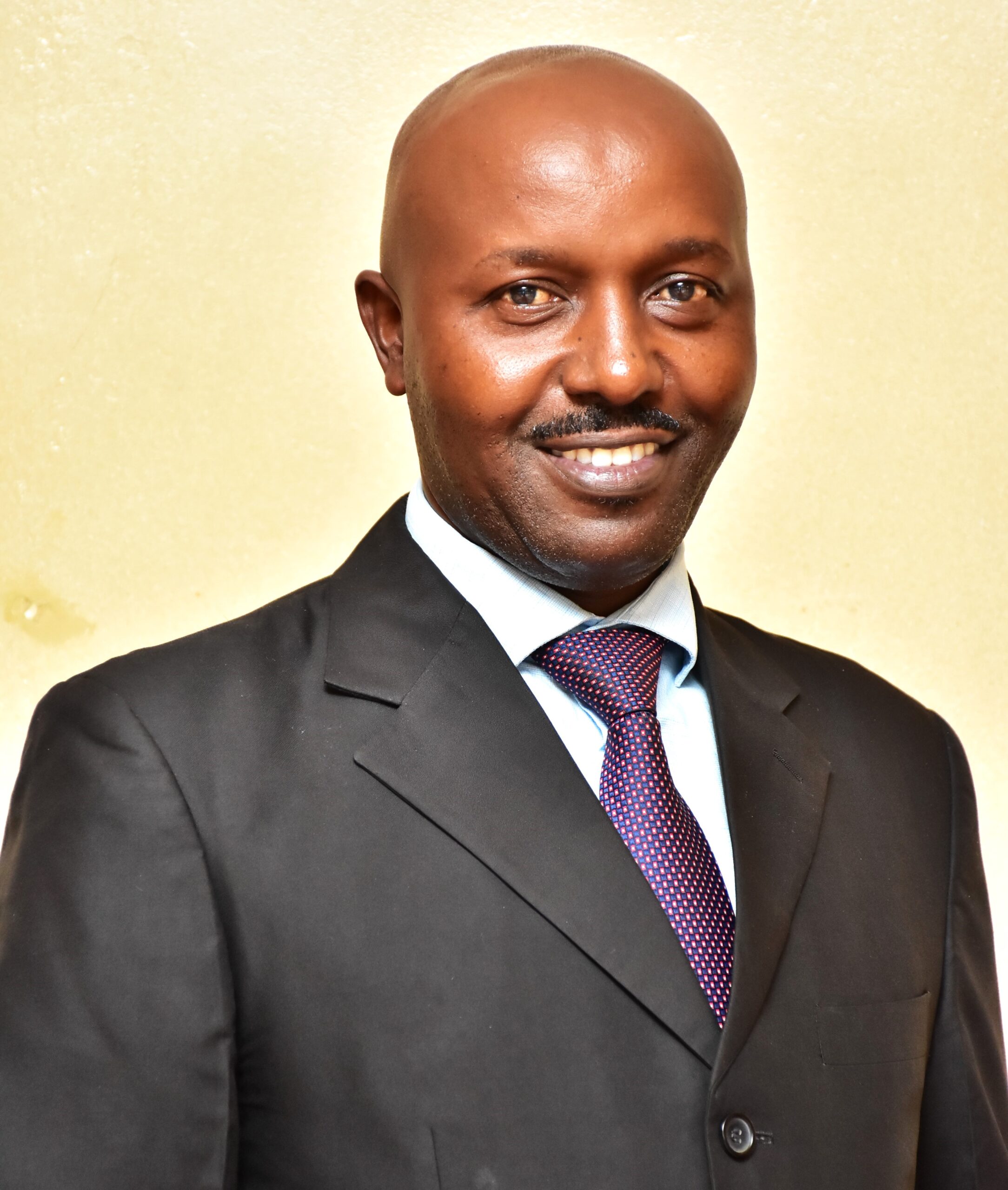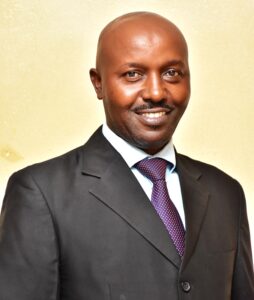
The Principal Secretary in the State Department of Medium Small Entreprises Susan Auma Mangeni has taken a moment to share with us her thoughts on the Women in Construction forum that took place Monday morning.
Here’s what the Hon PS had to say:
“The construction sector is one of the value priority chain of the Kenya Kwanza government with the greatest potential to create jobs, generate revenue, crowd in foreign exchange, reduce the cost of living and champion industrialization in our economy.
It’s also imperative to note that MSMEs are the enablers of our economy accounting for close to 98% of business in Kenya. Under the ongoing projects including CAIPs we shall make sure that 50% of all jobs and businesses goes to youth, women and persons with disabilities.
There’s a need for policy and regulatory reforms to create an enabling environment for the growth of women in the construction sector.
Some of the policies required include decent working sites with child care provisions so that women can carry on work without disruptions in partaking in other obligations such as child care and breast feedings.
The regulators should also consider reviewing the NCA ranking to expand the categorization of women , youth and PDWs to give them access to higher tender categories e.g. an NCA 6 by a woman company should bid upto NCA 5 work by men owned companies etc.
We in the MSMEs ecosystem we have opportunities for tailor made financing specifically for opportunities within the building and construction value for instance hustler fund groups, YEDF and KIE.
There’s need to deepen the inclusion to the women at the grassroots to partake opportunities in the construction industry whom we can build their capabilities through hustler group loans, Uwezo , KIE and other available support in the ecosystem.












